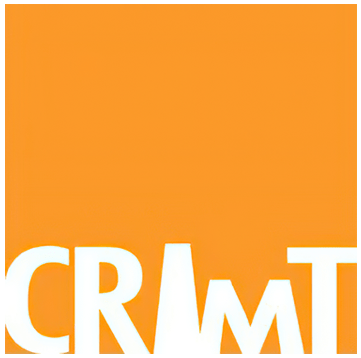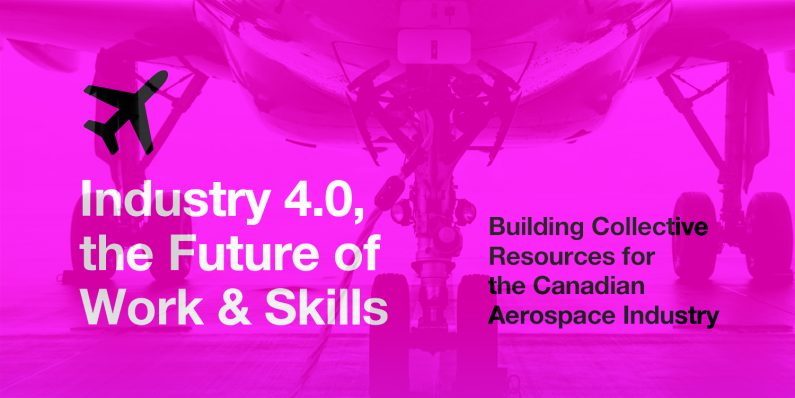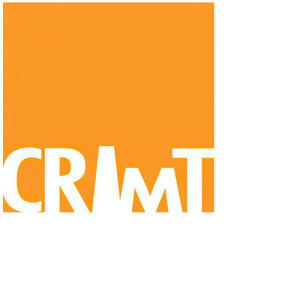April 2021
Authors: Christian Lévesque (HEC Montréal), Cassandra Bowkett (HEC Montréal), Sara Pérez-Lauzon (HEC Montréal), Blandine Emilien (Université du Québec à Montréal)
Collaborators: Kai-Hsin Hung (HEC Montréal), Lucie Morissette (HEC Montréal), Benjamin Paré (Université du Québec à Montréal), Marc-Antonin Hennebert (HEC Montréal), Daniel Nicholson (Cardiff University), Laurence Solar Pelletier (Polytechnique Montréal)
For decades, Canada has built a robust and competitive aerospace industry that plays a crucial role in the Canadian economy, with 700 aerospace companies employing roughly 90,000 people. Prior to the COVID-19 pandemic, demand for labour outstripped supply in the industry, resulting in labour shortages in many occupations. A major ongoing challenge is attracting a new generation of workers by offering good jobs and better work.
The adoption of Industry 4.0 (I4.0) is often presented as a way to increase the competitiveness of the industry, while improving the quality of work and increasing skills by reducing repetitive, routine tasks. Our research in the Montreal and Toronto aerospace clusters has two objectives: 1) to better understand the impact of I4.0 on work and skills; and 2) to identify the conditions that will enable the various stakeholders to meet the challenges of I4.0 and future skills. Four main findings emerge from this research [Download the Report to keep on reading]




